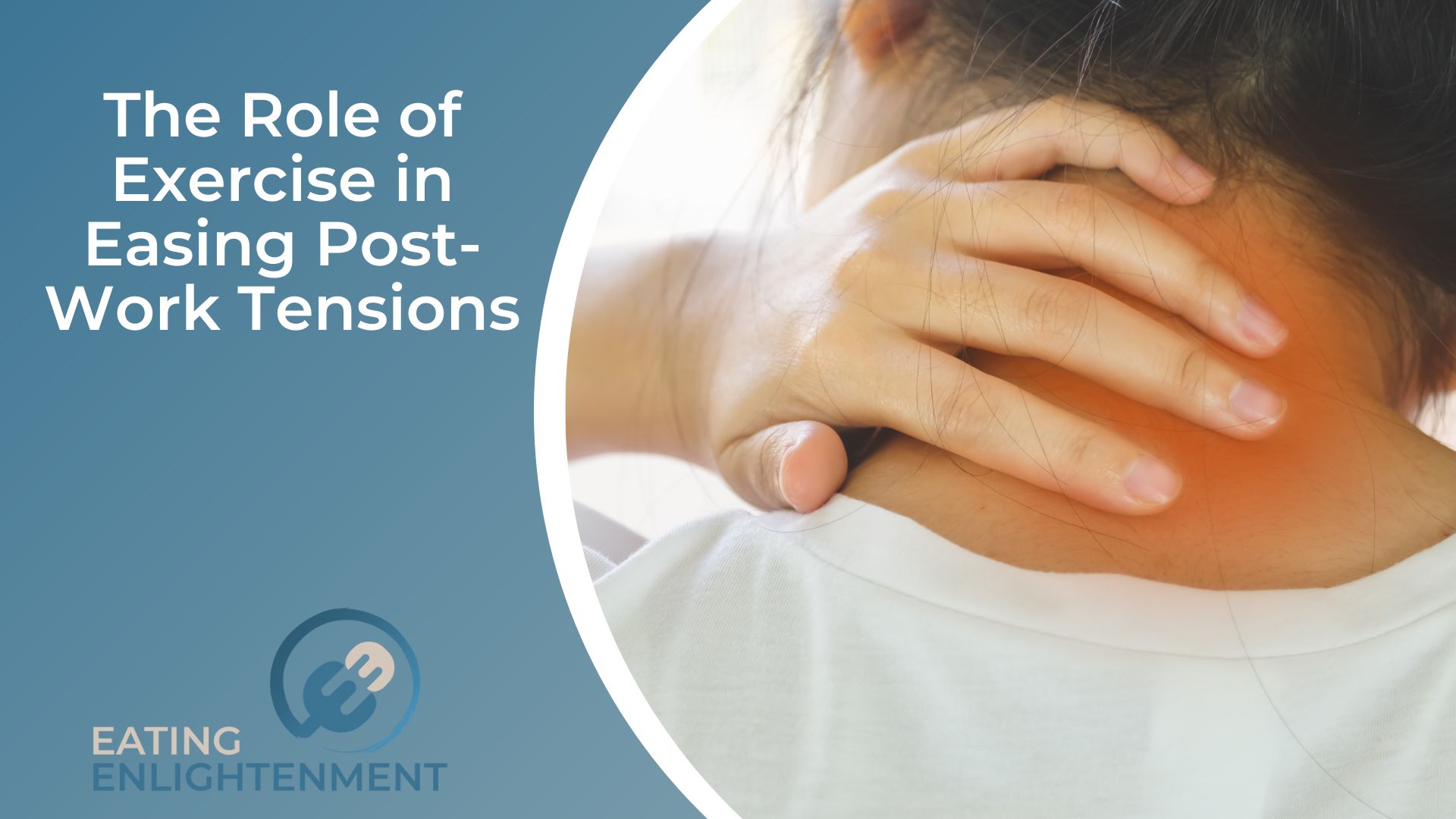The distinction between work and play has become more hazy in the quick-paced digital age. Many people feel as though they are constantly on the clock due to remote employment, 24/7 connectivity, and an always-on society.
The continual state of stress has a negative impact on both the physical and mental health, manifesting as chronic weariness and disorders associated with stress. Exercise is a potent, time-tested solution that stands out in addressing this.
The science behind exercise and stress
Physical fitness and soul healing are possible with exercise. Exercise releases endorphins, which reduce pain and improve happiness. In addition to serotonin, dopamine, and norepinephrine, antidepressants target the neurotransmitter endorphin via the moderating effects of physical activity. Similar to the calming effects individuals seek from natural medicines like hemp flower, these compounds are essential for regulating mood, food intake, and sleep. Through consistent exercise, one can harmoniously tune the body and mind, cultivating a sense of balance and well-being.
From mental strain to physical release
Exercise after work offers a number of immediate advantages, one of which is its capacity to serve as a necessary diversion. Engaging in physical activity can serve as a mental reset button after a demanding day loaded with meetings, deadlines, and stressful events.
Running fast, doing moderate yoga poses, and engaging the body in physical activity help the mind get out of work-related thoughts. This change gives one a break from repetitive thoughts and a little respite, allowing them to return to their troubles with a fresher, more focused mind.
Cultivating mind-body connection
Exercise promotes connection as well as simple diversion. The coordination of movement and breath is emphasised in exercises like yoga, Pilates, and tai chi. The tension that frequently builds up throughout the workweek can be reduced by this harmony between the mind and the body, breath, and movement.
One can more effectively recognise and relieve spots of stress and discomfort before they worsen by becoming more attentive to their bodies and their cues.
Finding the right routine for you
While everyone knows that exercise is healthy, various people respond differently to different types and amounts of exercise. While some people may find comfort in long-distance running’s repeated rhythm, others might like a group dance class’s sense of camaraderie.
Others may prefer HIIT or strength training for short bursts. To make training more enjoyable, try several routines and find what works for you.
Conclusion
Even if the demands of a modern job can be overwhelming, the value of exercise in reducing stress after work cannot be overstated. Regular physical activity provides mental and emotional relaxation that is priceless in today’s environment, in addition to the obvious physical benefits.
Finding strategies to deal with work-related stress is crucial for our well-being, whether it be by using natural therapies like the hemp flower or embracing the energising world of exercise. Make exercise a regular component of your routine to bring harmony, clarity, and tranquility into your life.



